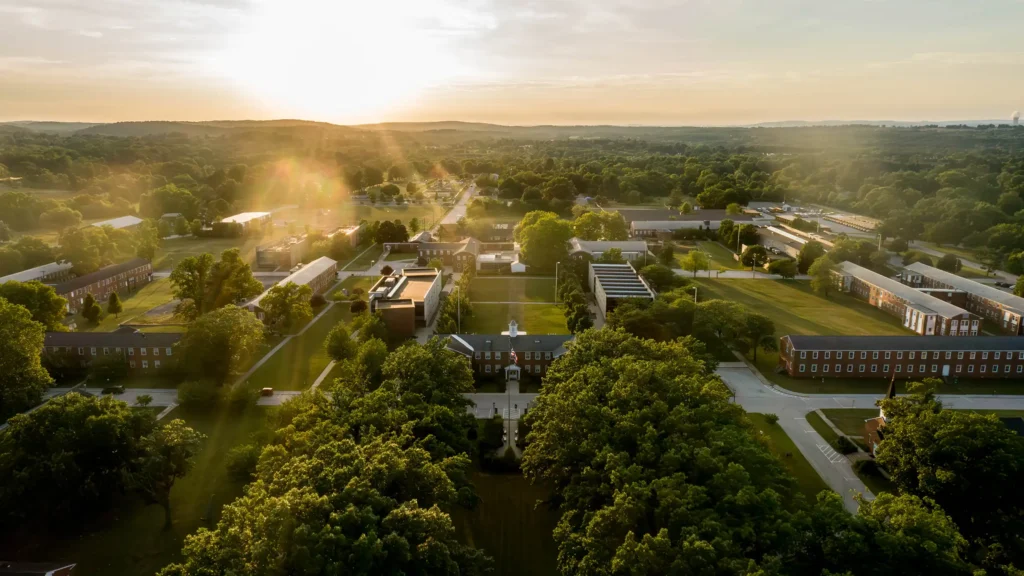Welcome to the University of Valley Forge Catalog!
This catalog site contains information about courses, programs and more.
Academic Year: 2025 – 2026

All information in this Catalog reflects information available on the release date. While every effort is made to ensure the accuracy of the information, the University of Valley Forge has the right to make changes at any time without prior notice. The University of Valley Forge also reserves the right to change any and all student charges, modify services, or change or eliminate any of its curriculum or programs of study should economic conditions, curricular revisions, or other relevant factors make it necessary or desirable to do so. While every effort will be made to inform students of any changes as soon as is practical, students should consult the appropriate academic or administrative department or other service provider for current accurate information on any matters contained in this Catalog. Changes affecting degree requirements will take into account the applicability of the change to currently matriculated students. The University of Valley Forge also reserves the right to change the policies and procedures in this Catalog on a case-by-case basis to determine what is fair and reasonable treatment of interested parties in the University’s best judgment.